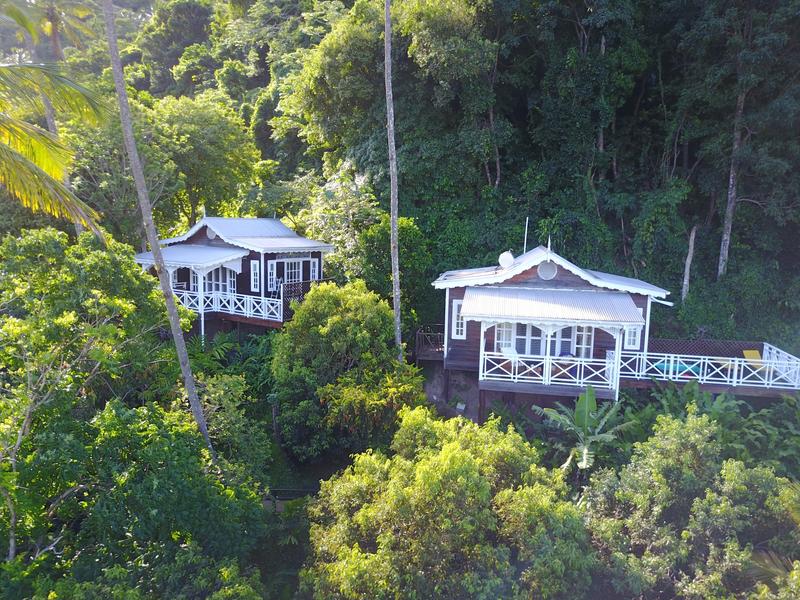Our CO2 footprint, the contribution to resource depletion and the interference with the ecological and social framework conditions are significant.
However, tourism is also one of the world’s largest industries, creates countless jobs and contributes to the development of destinations outside of the tourist facilities.
Modern and future-oriented tourism therefore needs to pursue the goal of keeping the negative effects to a minimum.
But where to start?
A large number of organizations, institutes and bodies around the world are concerned with the question of what exactly constitutes sustainable tourism and how it can be implemented. For example the “Global Sustainable Tourism Council”, “The International Ecotourism Society” or “Fair Unterwegs”. The definitions for “sustainable tourism”, “eco-tourism” or “fair tourism” are just as diverse as the organizations.
The World Tourism Organization (UNTWTO) describes tourism in accordance with the objective of sustainable development as:
“Tourism that takes full account of its current and future economic, social and environmental impacts, addressing the needs of visitors, the industry, the environment and host communities.”
Many of the different approaches to finding a definition and objective overlap in key areas:
1. Ecological aspects
Reducing the impact on the environment plays an essential role in almost every definition. Starting with the massive use of land and soil for tourist purposes, through the consumption of resources in the accommodation, to the choice of means of transport – the ecological effects of tourism on the region and climate change are enormous.
Efforts to reduce or compensate these implications often are the ones that travelers can control themselves: CO2 compensation payments for the flight or the decision to take the train, “no plastic” and “no waste” approaches in the accommodation or energy – and resource-saving construction methods of the hotels.
2. Economic aspects
Many definitions of sustainable tourism include the approach to support the sustainable development of a destination, including strengthening the regional economic power. The added value and the distribution of the profit generated should primarily take place in the region of the destination. The aim is to create local jobs, train and pay employees fairly and cooperate with local providers. Successful economic action and ecological and social management are not mutually exclusive.
3. Social and cultural aspects
These aspects are emphasized in a large number of definitions of sustainable tourism, even though measuring the social dimension of tourism is complex. Avoiding negative social impacts, such as the resettlement of the local population or the violation of human rights in the working environment, is the focus, as is the objective of actively contributing to improving the social environment of the local population. This, for example, by creating stable jobs in the region or promoting intercultural exchange. Always closely linked to cultural aspects such as the preservation and promotion of regional cultural assets and traditions.
While many aspects are overlapping in various approaches to define sustainable tourism, there is no generally applicable, universal definition of sustainable tourism. Regardless of the definition, the focus always remains on the goal: the implementation of the ecological, economic and socio-cultural aspects.
Read our post about the most common eco-labels in tourism –
https://www.fairunterwegs.org/











